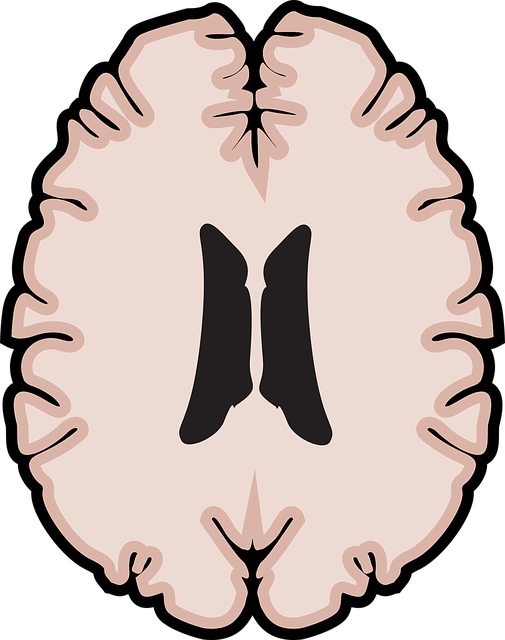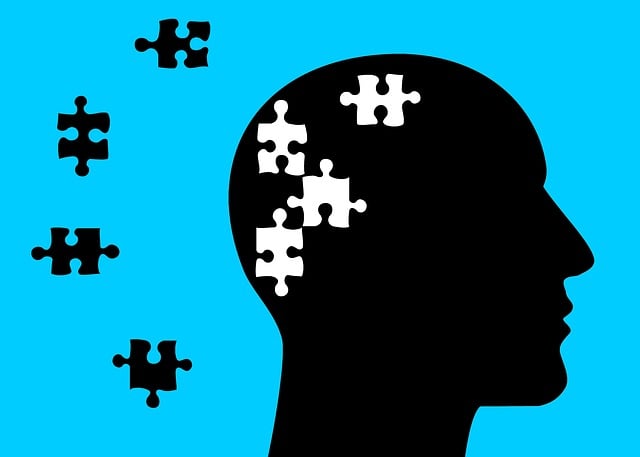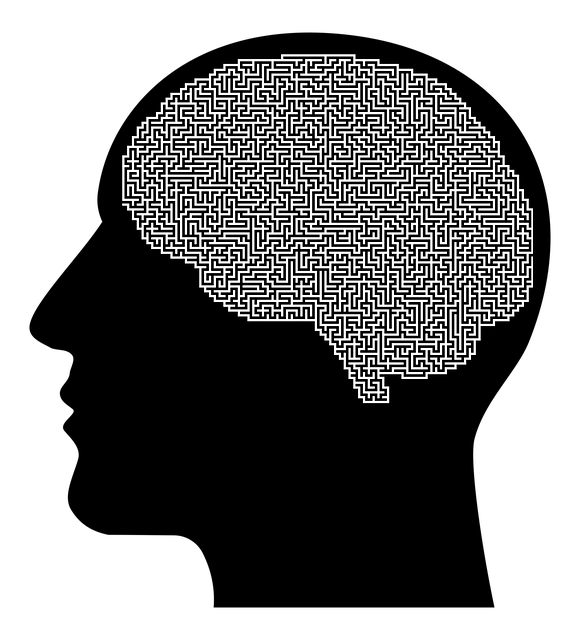Longmont Adjustment Disorder Therapy (LADT) offers a structured, culturally sensitive approach to building resilience using the RFM framework (Recovery, Flexibility, Mastery). Through one-on-one therapy, group support, and exercises promoting problem-solving, emotional regulation, and positive thinking, LADT equips individuals with adaptive behaviors and confidence to thrive despite adversity. The program's holistic nature, combined with cultural competency training, ensures tailored support for diverse clients, fostering genuine progress and enhanced mental well-being.
Resilience is a powerful tool for navigating life’s challenges, especially for individuals dealing with adjustment disorders. This article explores the integration of RFM (Resource, Fortitude, and Mastery) model in therapy, focusing on its effectiveness through Longmont Adjustment Disorder Therapy. We’ll delve into how structured resilience-building exercises enhance traditional therapeutic sessions, offering practical strategies to help clients develop coping mechanisms and foster mental fortitude. By implementing these techniques, therapists can empower individuals to overcome adversity and thrive.
- Understanding RFM and Its Role in Resilience Building
- Implementing Resilience Exercises in Therapy Sessions
- Case Studies: Longmont Adjustment Disorder Therapy in Action
Understanding RFM and Its Role in Resilience Building

Resilience is a vital component of mental well-being, enabling individuals to navigate life’s challenges and recover from adversity. RFM (Recovery, Flexibility, and Mastery) is a therapeutic framework that plays a crucial role in building resilience by focusing on these key aspects. In the context of Longmont Adjustment Disorder Therapy, RFM offers a structured approach to help clients enhance their coping mechanisms and foster emotional healing processes.
By emphasizing recovery, RFM encourages individuals to recognize and overcome their struggles, promoting self-esteem improvement and cultural sensitivity in mental healthcare practice. The flexibility component teaches adaptive behaviors, enabling people to respond effectively to changing circumstances. Mastery, the final pillar, empowers clients to take control of their lives by setting achievable goals and mastering skills to manage stress and emotions. This holistic approach prepares individuals to face challenges head-on, ensuring they have the tools to adapt, recover, and thrive despite life’s ups and downs.
Implementing Resilience Exercises in Therapy Sessions

In Longmont Adjustment Disorder Therapy sessions, incorporating resilience exercises proves to be a potent tool for enhancing clients’ coping mechanisms and fostering inner strength development. These exercises are designed to help individuals navigate through challenging life situations with greater adaptability and perseverance. Therapists can utilize various activities that promote problem-solving skills, emotional regulation, and positive thinking, empowering clients to build a robust mental foundation. By integrating these strategies, therapists not only aid in treating adjustment disorders but also equip individuals with lifelong resilience.
Effective implementation requires cultural sensitivity in mental healthcare practice, where therapists respect and consider the client’s background and experiences. Communication strategies play a pivotal role here; therapists should create a safe space for clients to openly discuss their struggles and share their unique perspectives. This dialogue-driven approach allows for a deeper understanding of individual resilience and ensures that exercises are tailored to meet each client’s specific needs, fostering genuine progress in therapy sessions.
Case Studies: Longmont Adjustment Disorder Therapy in Action

Longmont Adjustment Disorder Therapy (LADT) serves as a powerful case study demonstrating the effectiveness of structured resilience-building exercises within a therapeutic setting. This innovative program, tailored to individuals struggling with adjustment disorders, integrates various psychological techniques and mindfulness practices. By combining one-on-one therapy sessions with group support, LADT fosters self-awareness exercises and enhances emotional regulation skills.
The program’s success lies in its holistic approach, addressing not only the symptoms but also the underlying causes of adjustment issues. Healthcare provider cultural competency training plays a pivotal role, ensuring that therapists are equipped to handle diverse client backgrounds. Through Mood Management techniques, participants learn to navigate and control their emotions effectively, while the collective atmosphere encourages peer support and understanding. This collaborative environment facilitates personal growth and resilience, ultimately empowering individuals to cope with life’s challenges more adaptively.
The implementation of RFM (Resilience, Flexibility, and Mastery) principles through resilience-building exercises has proven to be a powerful tool in therapy, as demonstrated by the success of Longmont Adjustment Disorder Therapy. By integrating these exercises into sessions, therapists can help clients develop coping strategies that enhance their overall resilience. This approach not only aids individuals in navigating challenges but also equips them with the skills to adapt and grow from adversity, fostering a more positive and resilient mindset.














